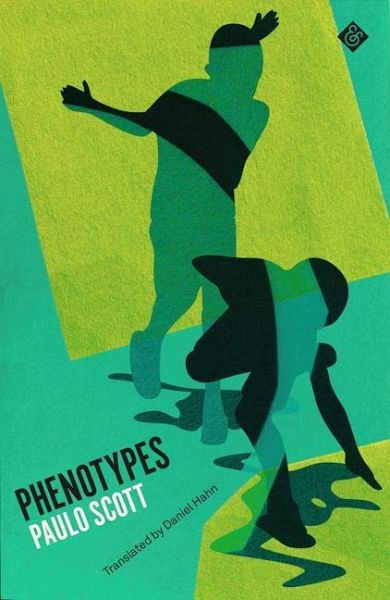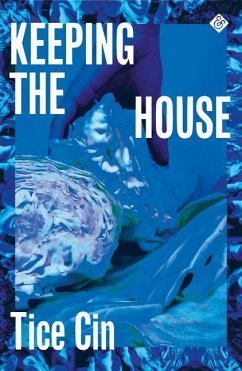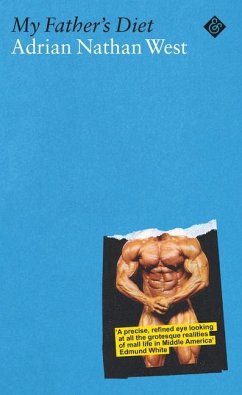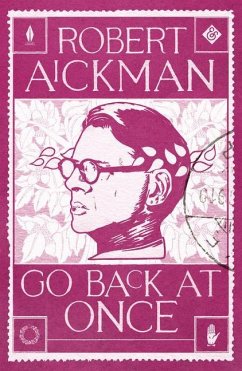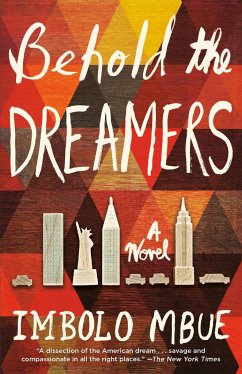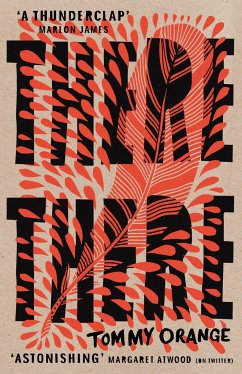Paolo Scott
Broschiertes Buch
Phenotypes

PAYBACK Punkte
4 °P sammeln!




A smart and stylish account of the bigotry lurking in our hearts and institutions alike.
Longlisted for the 2022 International Booker Prize Winner of the 2023 Jabuti Prize in the Brazilian Book Published Abroad category Paulo Scott was born in 1966 in Porto Alegre, in southern Brazil. At university, he was an active member of the student political movement and was also involved in Brazil's re-democratisation process. For ten years he taught law at university in Porto Alegre; he has now published five books of fiction and four of poetry, and is also a translator from English. He moved to Rio de Janeiro in 2008 to focus on writing full-time. Daniel Hahn is a writer, editor and translator with some sixty-something books to his name. His work has won him the Independent Foreign Fiction Prize, the Blue Peter Book Award and the International Dublin Literary Award, and he has been shortlisted for the Man Booker International Prize, among others.
Produktdetails
- Verlag: And Other Stories
- Seitenzahl: 240
- Erscheinungstermin: 4. Januar 2022
- Englisch
- Abmessung: 196mm x 128mm x 21mm
- Gewicht: 273g
- ISBN-13: 9781913505189
- ISBN-10: 1913505189
- Artikelnr.: 60979394
Herstellerkennzeichnung
Libri GmbH
Europaallee 1
36244 Bad Hersfeld
gpsr@libri.de
Für dieses Produkt wurde noch keine Bewertung abgegeben. Wir würden uns sehr freuen, wenn du die erste Bewertung schreibst!
Eine Bewertung schreiben
Eine Bewertung schreiben
Andere Kunden interessierten sich für



